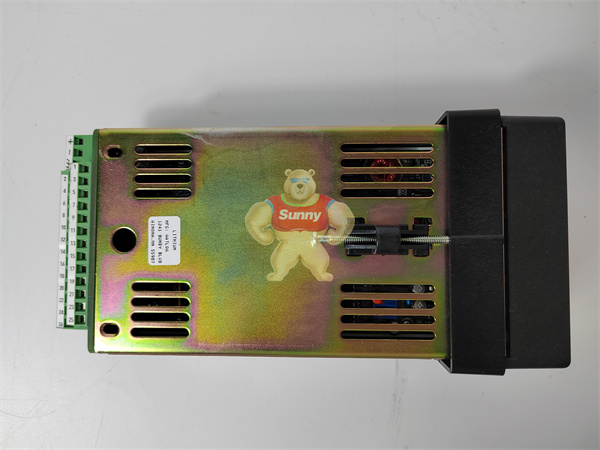The world’s $46 trillion electronics industry has more than 10 million factories, and making products without defects is crucial to those factories. To refine their products, head electronics manufacturers are adopting NVIDIA Metropolis.
More than 50 manufacturing giants and industrial automation suppliers – including Foxconn Industrial Internet, Pegatron, Quanta, Siemens and Wistron – are using NVIDIA Metropolis, NVIDIA founder and CEO Jen-Hsun Huang announced during his keynote speech at COMPUTEX in Taipei.
NVIDIA Metropolis is a collection of factory automation workflows that enables industrial technology companies and manufacturers to develop, deploy, and manage custom quality control systems with a competitive advantage.
Global manufacturers spend more than $6 trillion a year on quality control and use defect testing on nearly every product line, but manual testing can’t keep up with demand.
Many manufacturers use automated optical inspection (AOI) systems to help with testing, but these systems often have a high rate of false detection, requiring labor-intensive and costly secondary manual testing in an already challenging labor market, which undoubtedly reduces the value of AOI.
NVIDIA Metropolis can now provide state-of-the-art AI platforms and workflows for the development of applications such as AOI.
Pegatron gets a boost from Metropolis
AOI development in the factory
Pegatron is currently using NVIDIA Metropolis on its production line.

WATLOW ANAFAZE CLS208

WATLOW ANAFAZE CLS208
Pegatron makes everything from motherboards to smartphones, laptops and game consoles. The company has 12 factories that handle more than 300 products and 5,000 parts every day, which requires a lot of product quality control work. In addition, due to frequent product updates, its AOI system needs to be constantly modified.
Pegatron is using a full set of Metropolis workflows to support analog, robotic and automated production inspection in printed circuit board (PCB) factories. With Metropolis, the electronics manufacturing giant is able to quickly update defect detection models starting with small data sets and enable the AOI system to achieve 99.8 percent accuracy.
Pegatron used NVIDIA Isaac Sim, a robot simulator, to program the arms and model the performance of its fleet of mobile robots.
NVIDIA Omniverse Replicator provides composite-data generation capabilities that can be used to simulate defects, helping Pegatron build large-scale training datasets using techniques such as domain randomization.
In Metropolis, Pegatron can use the NVIDIA TAO suite of tools to access pre-training models and migrate learning to build high-precision defect detection models using its enhanced data sets.
NVIDIA DeepStream software development Suite can be used to develop optimized smart video applications that can handle multiple video, image, and audio streams. Using DeepStream, Pegatron was able to increase throughput by a factor of 10.
In addition, Pegatron is using Omniverse to run digital twinning of inspection equipment to simulate future inspection processes and improve the efficiency of production processes.
Quanta’s subsidiary Daming Robotics is also using it, using Isaac Sim to optimize robot inspections on its production lines.
Metropolis is helping manufacturers such as Pegatron increase production line throughput, reduce costs and improve production quality.
A growing ecosystem of partners
Support Metropolis
Metropolis can be deployed from the industrial edge of an enterprise to the cloud, and a large and growing ecosystem of partners is helping to bring it to market.
A large number of professionals are working together to move this work forward, including sensor manufacturers, application partners, detection equipment manufacturers, and integration partners.
 1 Year Warranty
1 Year Warranty





